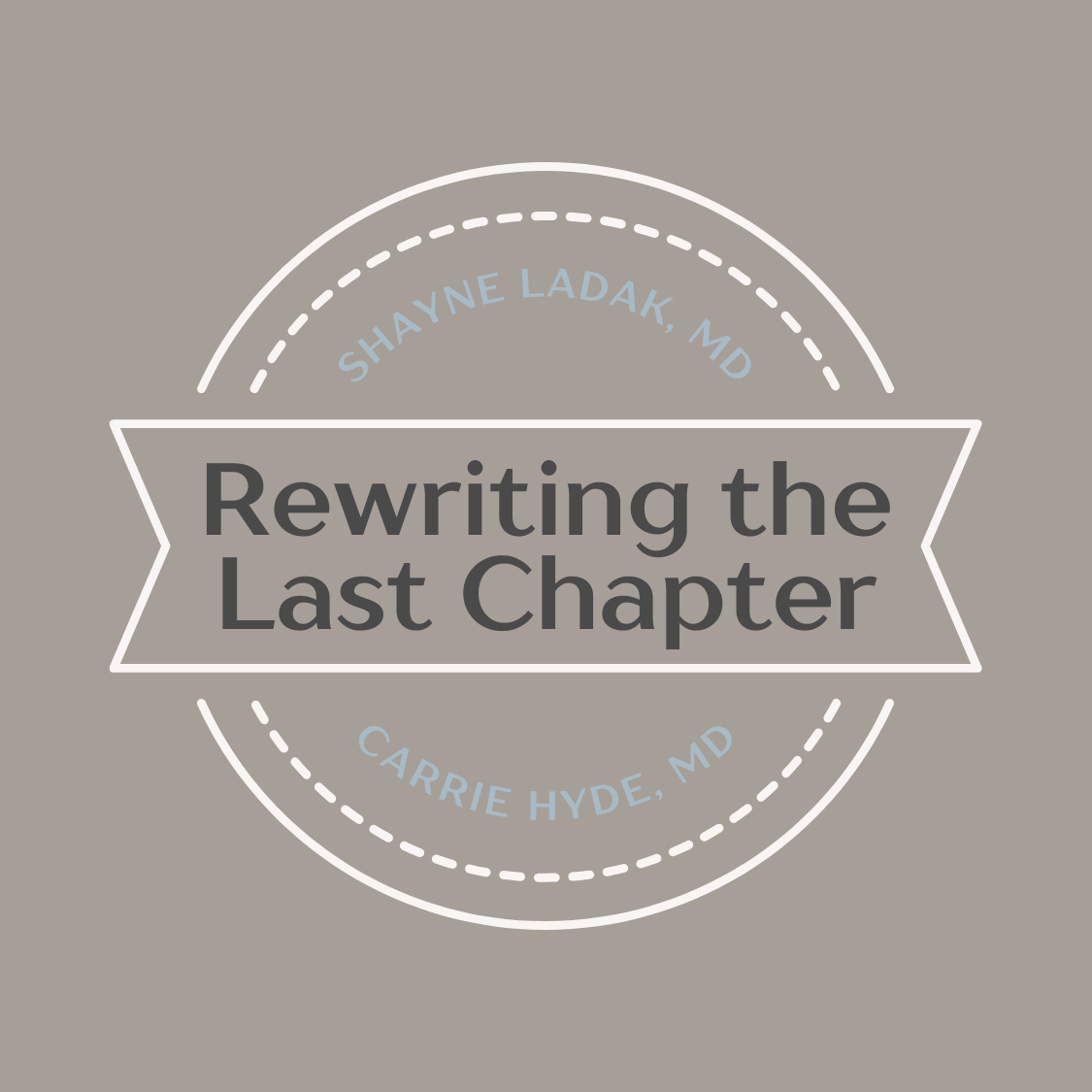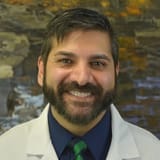The Power of Relationships in Hospice Care: Lessons from the Longest Happiness Study

In hospice and palliative care, we often stand at the intersection of life’s most profound questions. Patients and families ask us what truly matters at the end of life and what makes life meaningful. Remarkably, one of the longest-running studies in the world gives us answers that echo what we witness daily at the bedside.
The Harvard Study: What It Really Is
You may have heard the phrase “75 Years of Discovery” used in books, TED Talks, and media articles. While catchy, it’s not the official title of the research—it’s more of a shorthand to highlight its remarkable duration. The actual project is called the Harvard Study of Adult Development, often referred to as the Grant Study, which began in 1938. It started by tracking Harvard sophomores, later included inner-city Boston men through the Glueck Study, and eventually expanded to include their descendants, spouses, and partners. This makes it one of the longest-running longitudinal studies in human behavioral science—an extraordinary archive of human health, development, and aging. The term “75 years” is simply a media-friendly way of signaling its longevity and importance. Today, the project spans more than 85 years of continuous research, with key findings published along the way.
What the Study Shows
The study reveals that strong relationships are essential. Emotional warmth, trust, and reliable connections predict both happiness and health, while loneliness is as harmful as smoking or alcoholism. Emotional intelligence also matters—participants who developed mature coping strategies such as acceptance, humor, and altruism tended to have better psychological well-being and lived longer. Perspective played a role too, as early life achievements did not necessarily predict long-term fulfillment. Some who peaked early burned out, while others who struggled in youth found great satisfaction later in life.
Debunking a Popular Myth: The “Chores” Claim
There has also been a common myth circulating in viral memes claiming that Harvard found kids who do chores grow up to be more successful. This is not supported by the Harvard Study of Adult Development. It is a misinterpretation, likely stemming from other child development research. The Grant and Glueck cohorts never identified chores as a predictor of later success. The central lesson remains relationships—not housework—as the strongest determinant of health and well-being.
Core Lessons for Hospice and Palliative Care Teams
For hospice and palliative care teams, the study offers core lessons that resonate deeply with our work. Social connection matters. People who were more connected to family, friends, and community were happier, physically healthier, and lived longer, while isolation proved toxic. In hospice, even when cure is not possible, nurturing connection can be profoundly healing. A visit from a friend, a chaplain’s prayer, or the steady presence of a nurse can restore belonging and dignity. It is also clear that quality matters more than quantity. You can feel lonely in a marriage, or deeply supported in a small circle of close friends. Even one strong, loving bond can sustain a patient at the end of life.
Good relationships also protect the brain. In their 80s, participants who felt they could count on their partner had sharper memories, while those who felt unsupported declined more quickly. Interestingly, relationships did not need to be perfect. Couples could argue often, but if trust and reliability were present, health and memory remained strong. By contrast, high-conflict marriages were more damaging than divorce, while warm, supportive bonds acted like armor, even reducing the impact of physical pain in old age. The study further emphasizes that a long, happy life isn’t built on wealth or career status but on relationships. Investing in people by replacing screen time with people time, rekindling old friendships, repairing family feuds, and building new connections as we age is far more valuable.
Why This Matters in Hospice Work
This matters greatly in hospice work, where we see firsthand what patients value most at the end of life. They rarely dwell on wealth or accolades. Instead, they speak about people—their children, spouses, friends, and caregivers. The study validates what we already know: relationships are medicine. Nurses bring not only symptom relief but also human presence. Social workers help patients navigate family dynamics and restore connection. Chaplains offer spiritual grounding, forgiveness, and reconciliation.
The Clearest Truth
After more than 80 years of research, the clearest truth remains that the good life is built with good relationships. Everything else is noise. For us in hospice, this is a profound reminder: even when cure is no longer possible, we can still offer patients the most healing gift of all—connection and love.
References
Forbes (2023) Harvard research reveals the #1 key to living longer and happier. Forbes, 15 August.
Harvard T.H. Chan School of Public Health (2023) The importance of connections: ways to live a longer, healthier life.
Harvard Gazette (2017) Over nearly 80 years, Harvard study has been showing how to live a healthy and happy life. Harvard University.
Nypost.com (2025) Harvard expert reveals biggest predictor of long, healthy life. New York Post, 8 May.
Robison, J. (2025) The Harvard Grant Study: What we know after 85 years. Six Seconds, 28 July.
The Atlantic (2023) The Harvard Study of Adult Development and the secret to happiness. The Atlantic, 19 January.
Waldinger, R. (2016). What makes a good life? Lessons from the longest study on happiness. TED Talk.
Waldinger, R., & Schulz, M. (2010). The Harvard Study of Adult Development. Harvard Medical School.
Holt-Lunstad, J., et al. (2010). Social relationships and mortality risk. PLoS Medicine.





